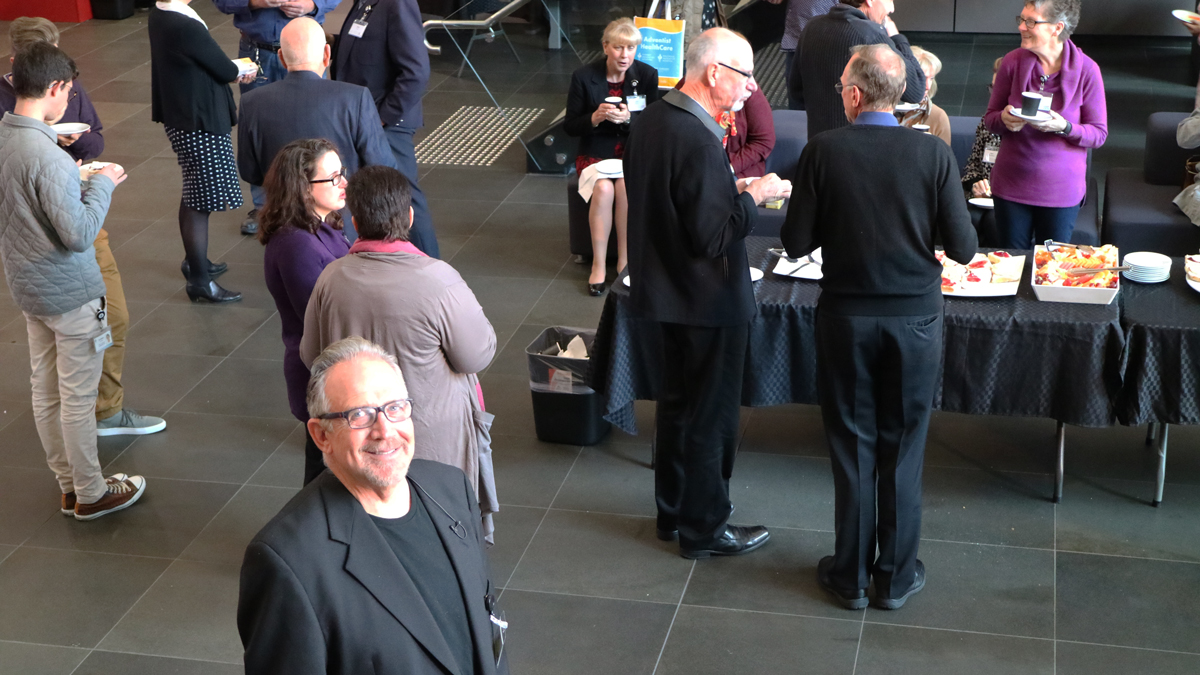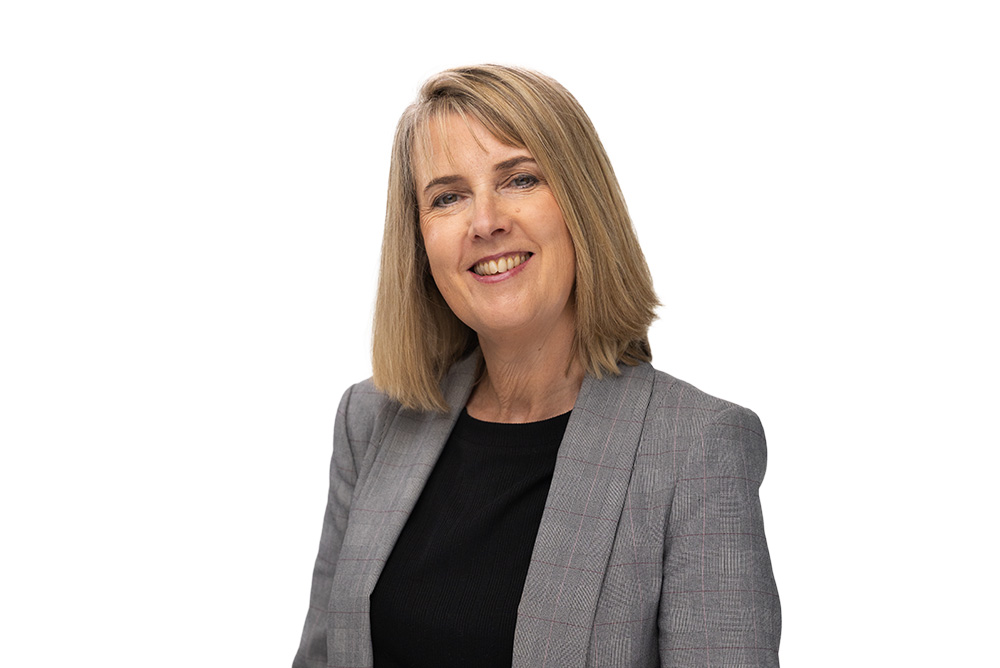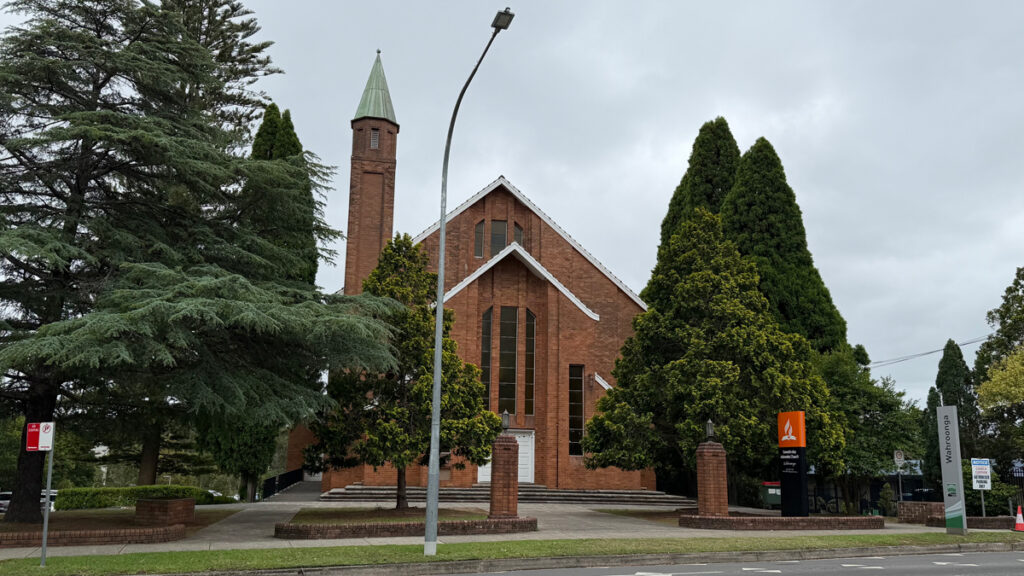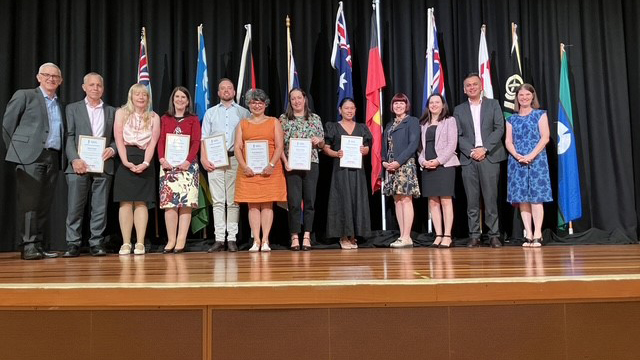Chaplains from around Australia and New Zealand were inspired, spiritually refreshed and received professional development at the inaugural Chaplains Symposium held last week at the Clinical Education Centre, Sydney Adventist Hospital, Wahroonga (NSW).
“Connecting the dots” was the theme of the three-day symposium, which was organised by the Spiritual Care Services team at the San and brought together 77 chaplains from various denominations working in health care, aged care and corrective services.

Dr Branimir Schubert, Mission Integration director for Adventist HealthCare, said the symposium was a resounding success with much positive feedback.
“This gathering met a felt need and has produced new opportunities for individuals and organisations to network and cooperate in the future,” Dr Schubert said.
“The two main objectives were definitely met: to provide spiritual encouragement and refreshing for those who usually give of themselves every day to those they serve; and to provide professional training and inspiration.”
Dr Schubert said there was a great atmosphere, positive conversations and affirmation of the important ministry and care chaplains provide.
“Already there are invitations for further collaboration and Sydney Adventist Hospital has an opportunity to be the leader in the space of chaplaincy and spiritual care.”

Keynote speakers were Dr Leigh Aveling, chaplain at the Loma Linda University Medical Centre, California; Dr Kendra Valentine, professor of New Testament Studies at the HMS Richards Divinity School at La Sierra University, California; Dr Trafford Fischer, family ministries director for the Seventh-day Adventist Church in the South Pacific; and San Spiritual Care Services manager Steve Stephenson and chaplain Dr Carolyn Rickett.
Topics included: “Connecting with the heart”; “The prophetic role of the chaplain”; “Connecting the dots when dealing with difficult people”; “Connecting the dots in chaplain’s response to Why does God allow my suffering”; and “Connecting the dots in professional chaplaincy and ethics”.
Presenter Dr Trafford Fischer said it was an excellent event. “There was a great spirit of involvement and investment by the participants. I sensed a genuine appreciation for all the various facets of the program,” he said.

“I especially appreciated Steve Stephenson’s session where, through story and personal experiences, he revealed just some of the ways in which chaplains are able to reach out to people when, for many, they are at their most vulnerable time of their lives.
“He very ably portrayed the depths of emotion that a chaplain needs to minister to, and how the chaplain not only ministers to the patient but also to their families and loved ones. This ministry is across all faiths and all cultures.”
Dr Fischer said the conference provided the participants with the chance to network and develop a sense of shared ministry.
“I am certain this event will go from strength to strength, and our hope would be that we can replicate it in other territories of the South Pacific Division over the years ahead.”
Planning is underway for the second Chaplaincy Symposium, which is scheduled for September 5-7, 2019.






